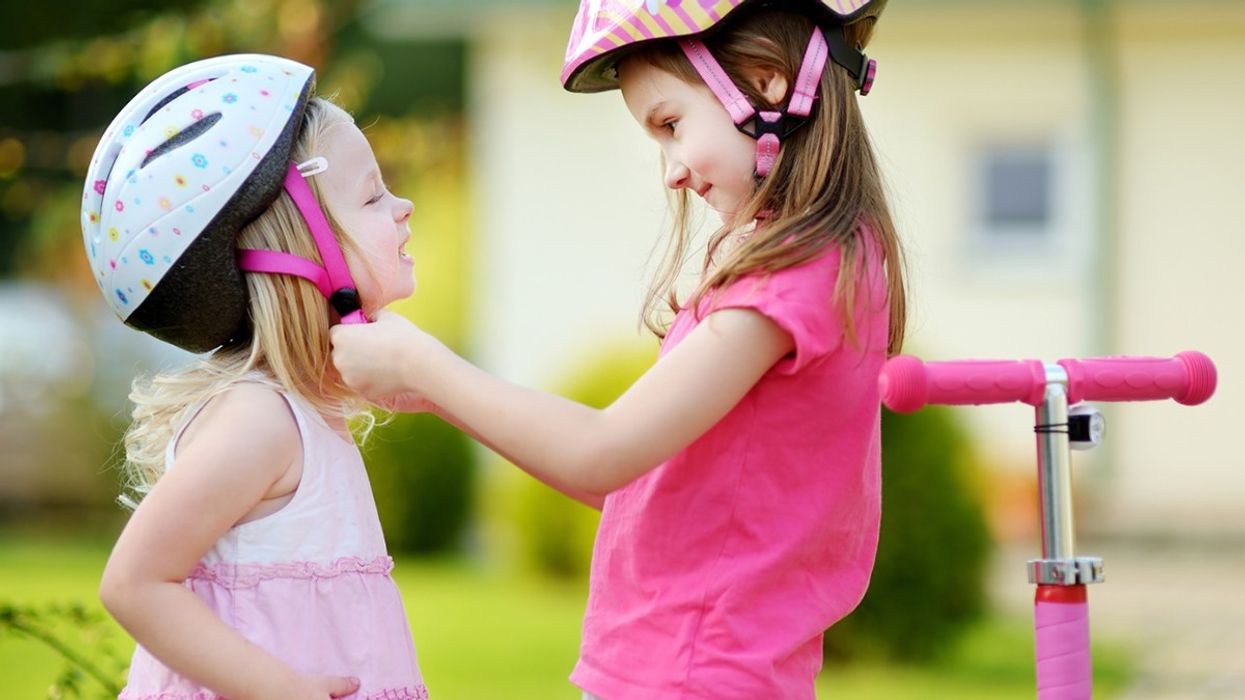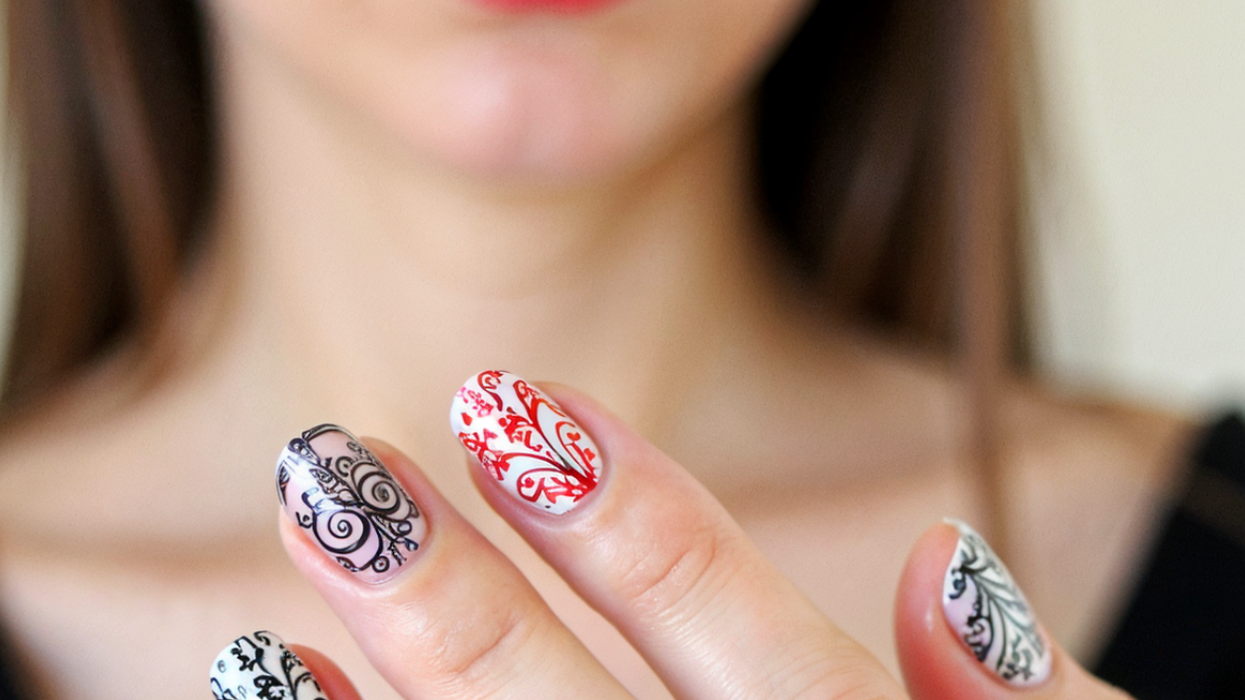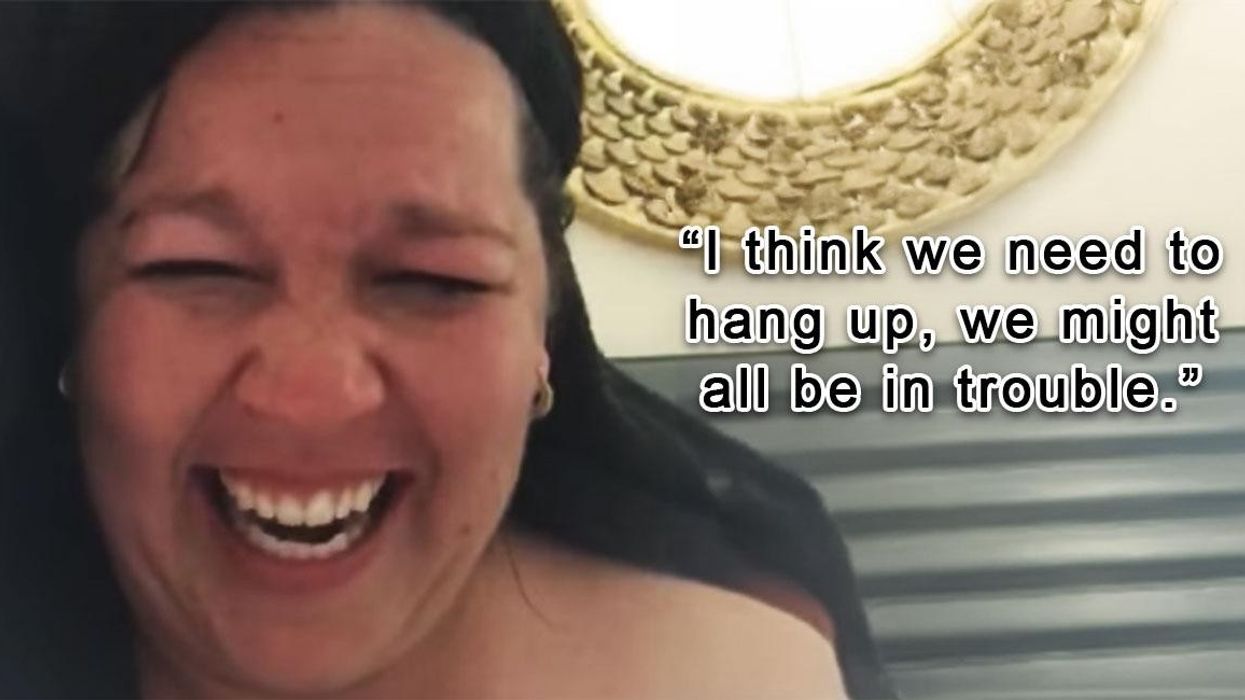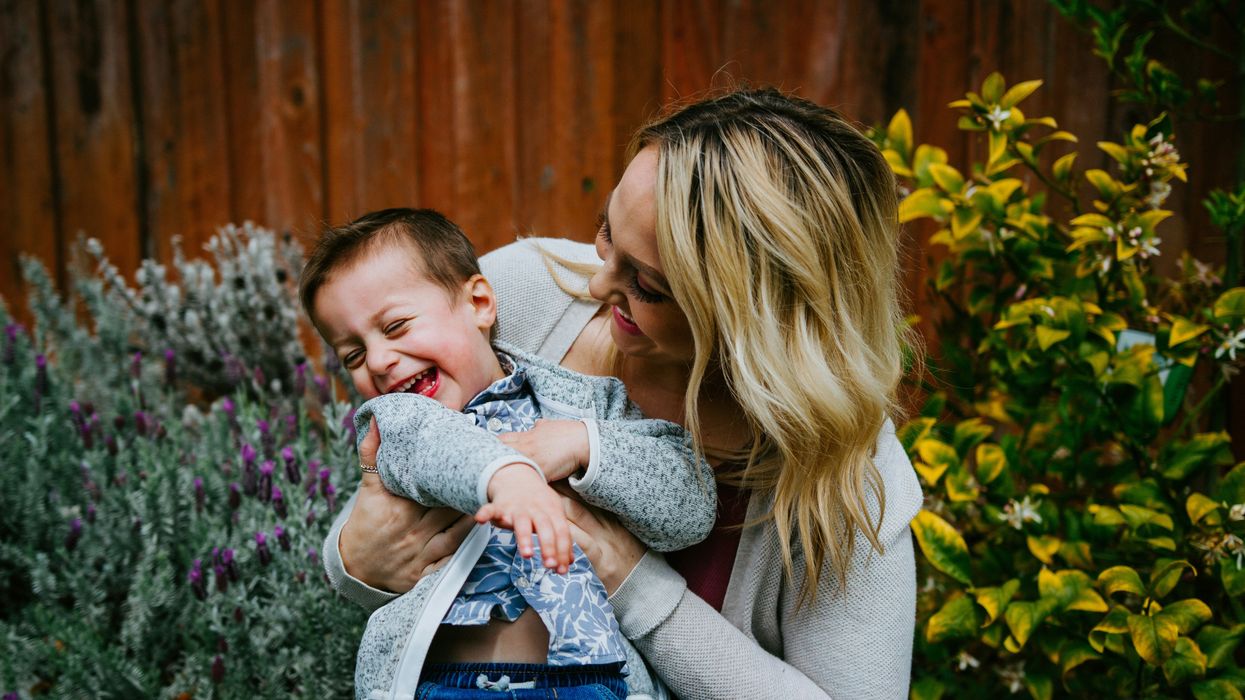If you’re the oldest daughter in your family, chances are you’ve felt the weight of responsibility on your shoulders. From setting an example for younger siblings to stepping into a caretaker role, eldest daughters often mature faster than their peers. Now, science is backing up what many have long suspected—being the firstborn daughter really is harder.
A study from the University of California, Los Angeles, suggests that firstborn daughters experience an accelerated form of social and cognitive development in response to their mother’s prenatal stress. This phenomenon, often referred to as “eldest daughter syndrome,” isn’t a medical condition, but it describes the reality many eldest daughters live with: growing up faster to help care for younger siblings.
The emotional burden of being the eldest daughter
Author Y.L. Wolfe has spoken about the pressure she felt growing up as the oldest child in her family. In an interview with HuffPost, she described her early sense of duty, saying, “By the time my youngest brother was born when I was almost 11, I was overwhelmed with feelings of responsibility for his welfare. I used to sit by his crib and watch him sleep to ensure he was safe.”
"I used to sit by his crib and watch him sleep to ensure he was safe."
— Y.L. Wolfe
This sense of responsibility isn’t just emotional—it has biological roots as well. Researchers found that firstborn daughters often exhibit early signs of adrenal puberty, a process that signals social maturity even before the physical changes of puberty begin.
The science behind eldest daughter syndrome
Adrenal puberty is different from the more well-known physical puberty that brings breast development and menstruation. Instead, it is driven by the adrenal glands, which begin releasing hormones that influence social and cognitive growth. It typically occurs between the ages of 8 and 13 and is more pronounced in firstborn daughters whose mothers experienced high prenatal stress.
Jennifer Hahn-Holbrook, an assistant professor of psychology at UCLA and co-author of the study, explains why this happens: “When times are tough and mothers are stressed during pregnancy, it’s in the mother’s adaptive best interest for her daughter to socially mature at a quicker pace. It gives mom a ‘helper-at-the-nest’ sooner, aiding the women in keeping the latter offspring alive in difficult environments.”
"It gives mom a ‘helper-at-the-nest’ sooner."
— Jennifer Hahn-Holbrook
In other words, when a mother faces stress during pregnancy, her firstborn daughter is more likely to develop social maturity faster, preparing her to assist in caregiving. This process does not apply to older brothers, meaning they often escape the same level of early responsibility.
A reality many eldest daughters recognize
While science is only beginning to catch up, many eldest daughters have long known this reality firsthand. Whether it’s stepping in to help with younger siblings, feeling the need to excel in school, or acting as a second parent in the household, eldest daughters often carry a unique burden.
This research helps validate their experiences, proving that “eldest daughter syndrome” is more than just a cultural or familial expectation—it has deep biological and psychological roots.
The challenges of being an eldest daughter are real, and now science is proving just how deep they run. If you grew up as the firstborn daughter, you’re not imagining the extra weight you carried—it’s part of a long-standing pattern of early responsibility and maturity. As more research sheds light on this experience, future generations of eldest daughters will hopefully get the recognition and support they deserve. Until then, know that we see you and keep up the great work, sister!



























